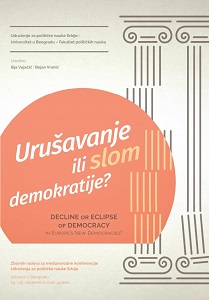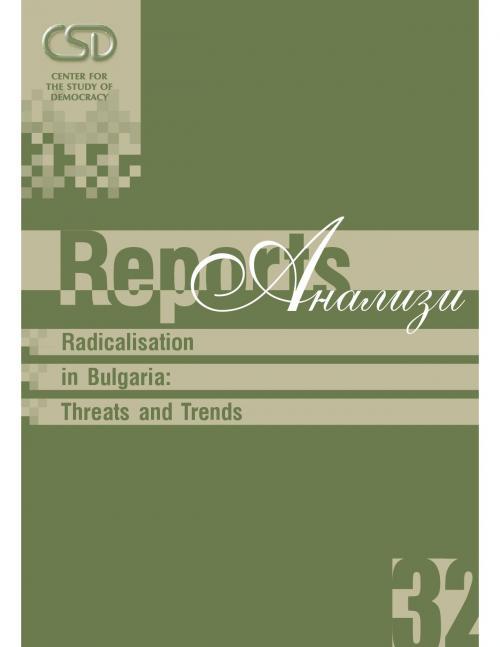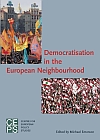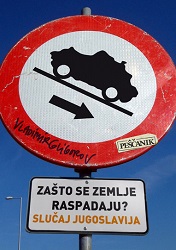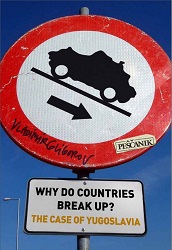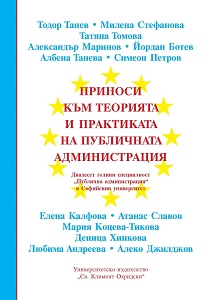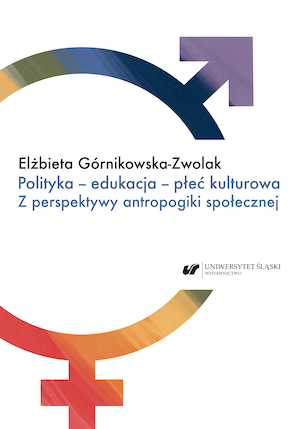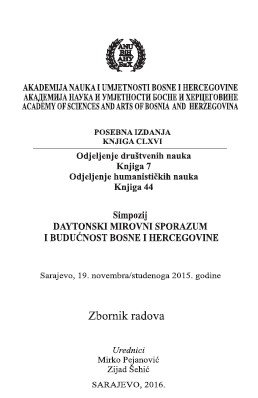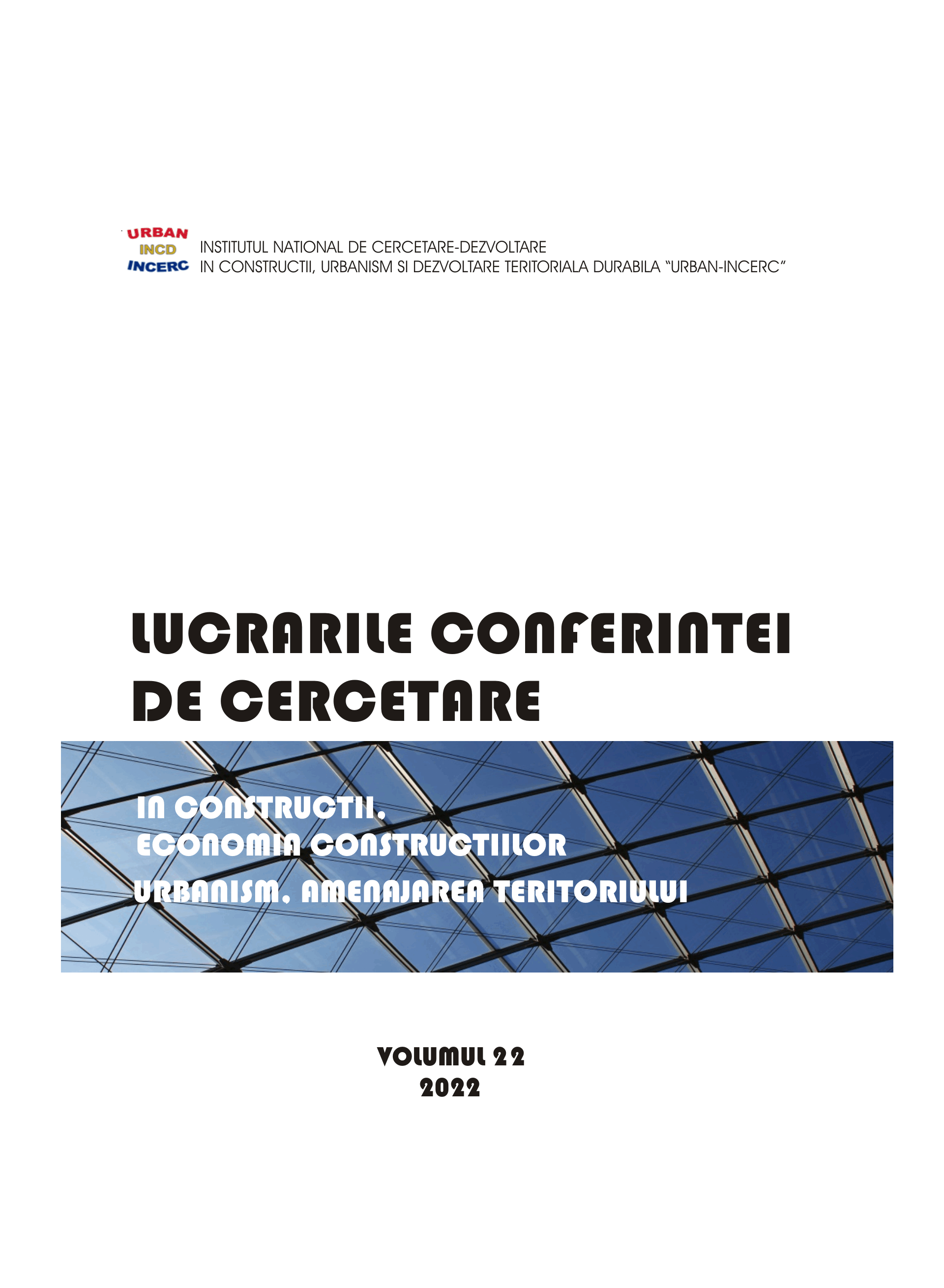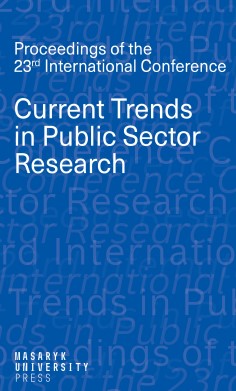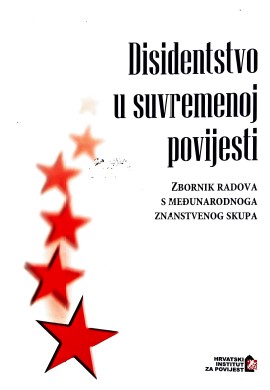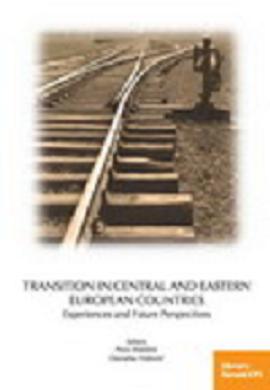
Some Lessons of Collective Protests in Central European Post-Communist Countries: Poland, Hungary, Slovakia and East Germany between 1989-1993
When thinking about the traditions and the cultural heritage of contemporary protest movements, it is worth noting that East Central European history in the twentieth century has not been very rich in manifestations of political protest (Rotschild, 1989: 147-191; Schöpflin, 1993: 127-224). Despite recurrent political upheavals, revolutions, wars, and so on, protest as understood in the present paper – that is, public mobilization of support for specific demands - is not very widespread in the countries of the region.
More...


